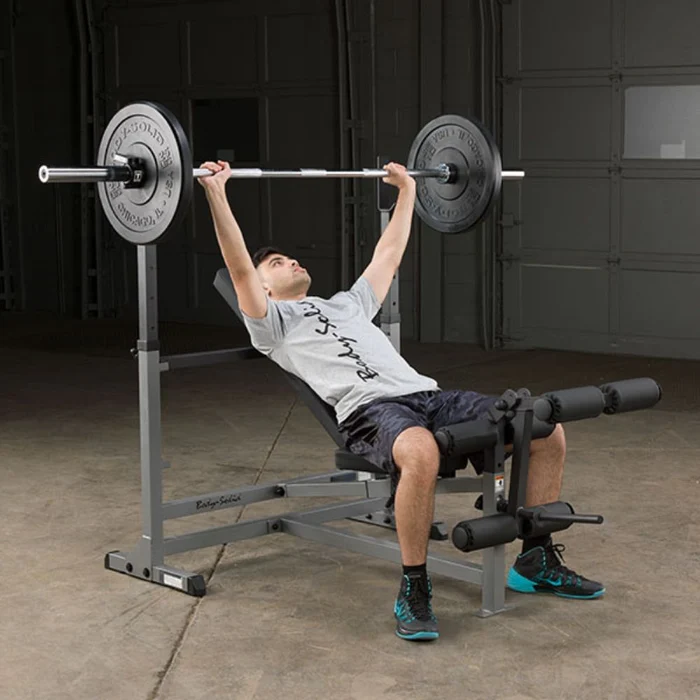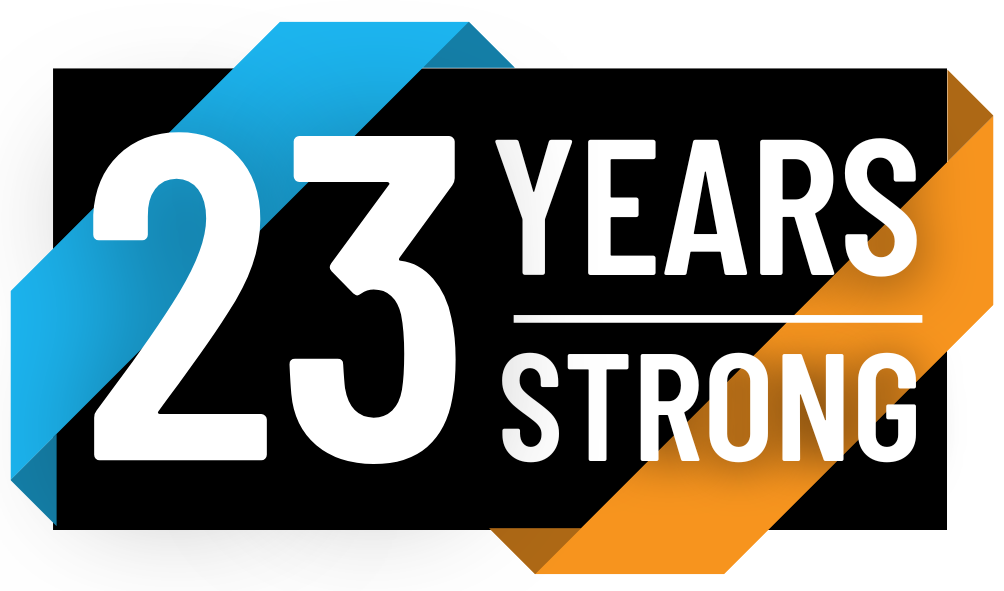
Why the Bench Press is a Game-Changer for Building Muscle
When it comes to effective, time-tested exercises for building muscle, the bench press reigns supreme. This staple of strength training is more than just a gym-goer’s favorite; it’s a cornerstone exercise for developing upper body strength, improving muscle mass, and enhancing overall fitness. In this article, we’ll explore why the bench press is so effective for building muscle and provide insights into maximizing your results. Let’s dive in!
The Science Behind the Bench Press
The bench press is a compound movement, meaning it engages multiple muscle groups simultaneously. This makes it an efficient exercise for building muscle and strength. Here are the primary muscles targeted during a bench press:
- Pectoralis Major (Chest): The bench press primarily works your chest muscles, making it an essential exercise for developing a well-defined upper body.
- Triceps Brachii (Arms): Your triceps are heavily involved in pushing the weight upward, adding size and strength to your upper arms.
- Deltoids (Shoulders): The anterior deltoids play a supporting role, ensuring a balanced and proportional upper body.
- Core Stabilizers: While not a primary target, your core muscles engage to stabilize your body during the lift.
This combination of muscle activation makes the bench press a powerhouse exercise for anyone aiming to build muscle effectively.
Benefits of the Bench Press for Muscle Building
1. Maximizes Muscle Hypertrophy
Muscle hypertrophy, or the growth of muscle fibers, occurs when muscles are subjected to consistent, progressive overload. The bench press allows you to lift heavy weights, providing the necessary stimulus for hypertrophy. Regularly increasing the weight or repetitions ensures continuous muscle growth.
2. Compound Efficiency
As a compound exercise, the bench press engages multiple muscle groups. This efficiency means you’re building muscle in your chest, arms, and shoulders simultaneously. For individuals with limited time, the bench press offers a high return on investment.
3. Versatility
The bench press isn’t limited to just one variation. Incline, decline, and flat bench presses target different areas of the chest and shoulders, allowing you to develop a balanced, well-rounded physique.
4. Strength Development
Building muscle isn’t just about aesthetics; it’s also about functional strength. The bench press enhances pushing power, which is crucial for athletic performance and everyday activities.
5. Boosts Hormonal Response
Lifting heavy weights like those used in the bench press triggers the release of anabolic hormones such as testosterone and growth hormone. These hormones are essential for muscle repair and growth.
How to Perform the Bench Press Correctly
To maximize the muscle-building benefits of the bench press, proper form is essential. Here’s a step-by-step guide:
- Setup:
- Lie flat on the bench with your eyes directly under the barbell.
- Keep your feet flat on the floor for stability.
- Grip the bar slightly wider than shoulder-width apart.
- Unrack the Bar:
- Extend your arms to lift the bar off the rack.
- Hold the bar directly above your chest, with your arms fully extended.
- Lower the Bar:
- Slowly lower the bar to your chest, keeping your elbows at a 45-degree angle.
- Ensure the bar touches your chest lightly—don’t let it bounce.
- Push Upward:
- Press the bar back up to the starting position.
- Keep your movement controlled and avoid locking your elbows at the top.
- Repeat:
- Perform 8-12 repetitions for hypertrophy or 4-6 reps for strength.
Common Mistakes to Avoid
1. Arching Your Back Excessively
While a slight arch in your back is natural, excessive arching can lead to injury and reduce the exercise’s effectiveness.
2. Flared Elbows
Keeping your elbows too far out can strain your shoulders and increase the risk of injury. Maintain a 45-degree angle for optimal form.
3. Bouncing the Bar
Using momentum by bouncing the bar off your chest not only reduces muscle activation but also risks injury. Always control the movement.
4. Neglecting Warm-Up Sets
Jumping straight into heavy lifts without a proper warm-up increases the likelihood of injury. Start with lighter weights to prepare your muscles.
Bench Press Variations to Try
Adding variations to your bench press routine can help target different muscle fibers and prevent plateaus. Here are some options:
- Incline Bench Press:
- Targets the upper chest and shoulders.
- Decline Bench Press:
- Focuses on the lower chest.
- Close-Grip Bench Press:
- Places more emphasis on the triceps.
- Dumbbell Bench Press:
- Improves balance and engages stabilizer muscles.
- Floor Press:
- Limits the range of motion to focus on the triceps and chest.
Tips for Maximizing Results
1. Prioritize Progressive Overload
Gradually increase the weight, repetitions, or sets to continuously challenge your muscles. This is the key to consistent growth.
2. Incorporate Accessory Exercises
Complement the bench press with exercises like push-ups, dips, and chest flys to enhance overall muscle development.
3. Focus on Nutrition
Muscle growth requires adequate protein, carbohydrates, and healthy fats. Aim for at least 1.6-2.2 grams of protein per kilogram of body weight daily.
4. Allow for Recovery
Muscles grow during rest, not during workouts. Ensure you’re getting enough sleep and taking rest days.
5. Track Your Progress
Keep a log of your workouts, including weights, sets, and reps. Monitoring your progress helps identify areas for improvement and ensures you’re advancing.
FAQs About the Bench Press
Q: How often should I bench press for muscle growth? A: Two to three times per week is ideal for most people. Allow at least 48 hours between sessions to ensure recovery.
Q: Is the bench press safe for beginners? A: Yes, but beginners should start with lighter weights and focus on mastering proper form. Consider working with a trainer to avoid injuries.
Q: Can I build muscle without heavy weights? A: While heavy weights accelerate muscle growth, you can still achieve results with lighter weights by increasing volume and focusing on time under tension.
Final Thoughts
The bench press is a proven powerhouse for building muscle, improving strength, and boosting overall fitness. Its versatility and efficiency make it a must-have in any strength training program. By mastering proper technique, incorporating variations, and prioritizing progressive overload, you can maximize the benefits of this classic exercise. So, whether you’re a seasoned lifter or a beginner, make the bench press a key part of your workout routine—your muscles will thank you!

